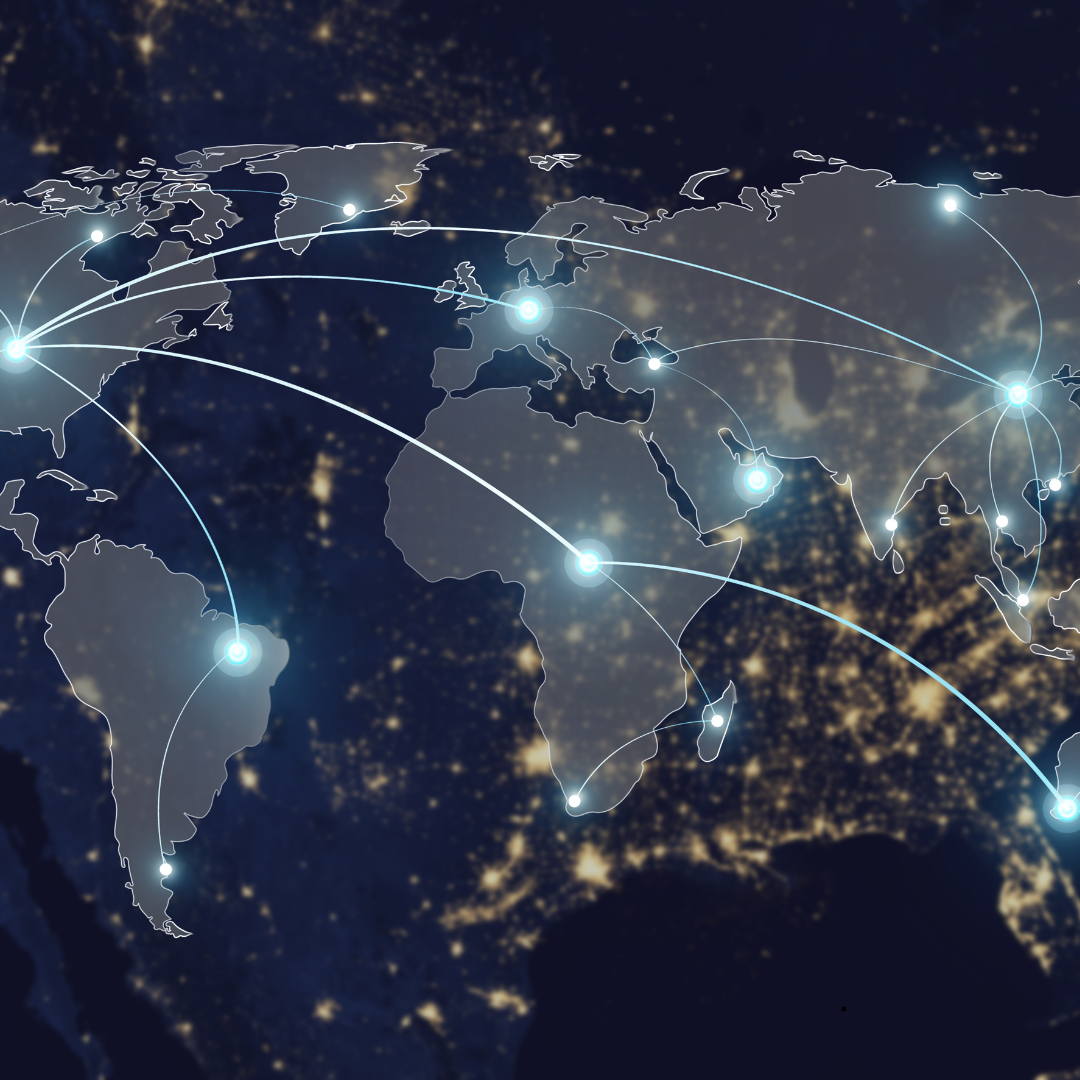Europe on the Move

By Alfredo De Feo
When you live a normal life, made up of daily worries, children, health, the need to solve the inevitable problems, small and large, it is difficult to focus, on what is happening in the world, the geopolitical strategies, the risks for our economy and therefore for our lifestyle and our well-being, for the future of our children. It’s difficult to focus but we must.
For many decades, coexistence among countries has been based on a series of basic principles: respect for democracy and the autonomy of the various countries, respect for international rules, the non-use of force to resolve tensions, the promotion of an increasingly free world trade without customs barriers that would increase the well-being of citizens in a generalized way. All guaranteed by a series of international organizations
Like it or not, the war unleashed by Russia against Ukraine in February 2022 triggered a turning point in the balance of the world. Tensions in the Middle East, on Europe’s southern border, have aggravated the situation.
The inauguration of Donald Trump to the White House in January 2025 has brought a further shake up to the world balance, with a strong impact on Europe and its states. I do not need to enumerate the proclamations and counter-proclamations of President Trump and his inner circle. European governments must face challenges and make difficult decisions, knowing how to look at the medium to long term, rather than immediate polls and have the ability to explain to citizens the meaning of choices that may appear unpopular in the short term.
The unanimous mandate given by the states and the majority of the European Parliament is a first sign that Europe is ready to stand together and start creating synergies in the field of defence. The other positive aspect, which transpires from the White Paper, is that Member States will start to build something, with the aim of better coordinating the production and purchasing war material, developing and sharing information of national intelligence services. The same goes for technology, communications and so on.
A large part of these initiatives, which will only become clearer when the proposals are presented, will probably be financed with common debt guaranteed by all states. Following the example of what has been done with the Next Generation EU. This plan, favored by the relaxation of the rules of the Stability Pact, should eventually allow European states to be more autonomous in the defense of their territory and their values, a first response to the American disengagement from the defense of Europe.
I addition, it is worth mentioning the turning point taking place in Germany where, under the leadership of the future chancellor, Friederich Merz, a constitutional reform has been voted to abolish the spending limit to finance expenses related to infrastructure, the environment and defense: a real revolution.
The second emergency is international trade. President Trump has begun to introduce tariffs on many imported goods, giving rise to retaliation by the affected countries, creating a strong impoverishment of their economy (European and non-European). It is difficult to say at this stage whether these tariffs are the final goal of the American President or just a negotiating strategy, but in either case these attitudes require equally strong positions on the European side. On the other hand, strong and decisive positions will facilitate negotiatiations.
It is difficult to say whether European leaders will be able to show solidarity with each other in the interest of defending national and European sovereignty. It is a great opportunity but it is not certain that everyone knows how to seize it. On the other hand, it should be remembered that the European Treaties provide for the possibility of carrying out actions with the so-called “enhanced cooperation” (with the participation of
at least nine states) or ultimately, through agreements among states, outside the legal framework of the European Union, which France and England are doing to guarantee support for Ukraine (the coalition of the willing).
To conclude, public opinion should be aware that the challenges we face do not concern others but ourselves, our freedom, our values. We do not want to leave our children the choice of whether to live under American, Chinese or Russian rules but to be proud to remain European with our national identities. The Erasmus generation is already a step ahead and this can be seen as a sign of great optimism.
Published in the Gazzetta di Parma 18 March 2025

